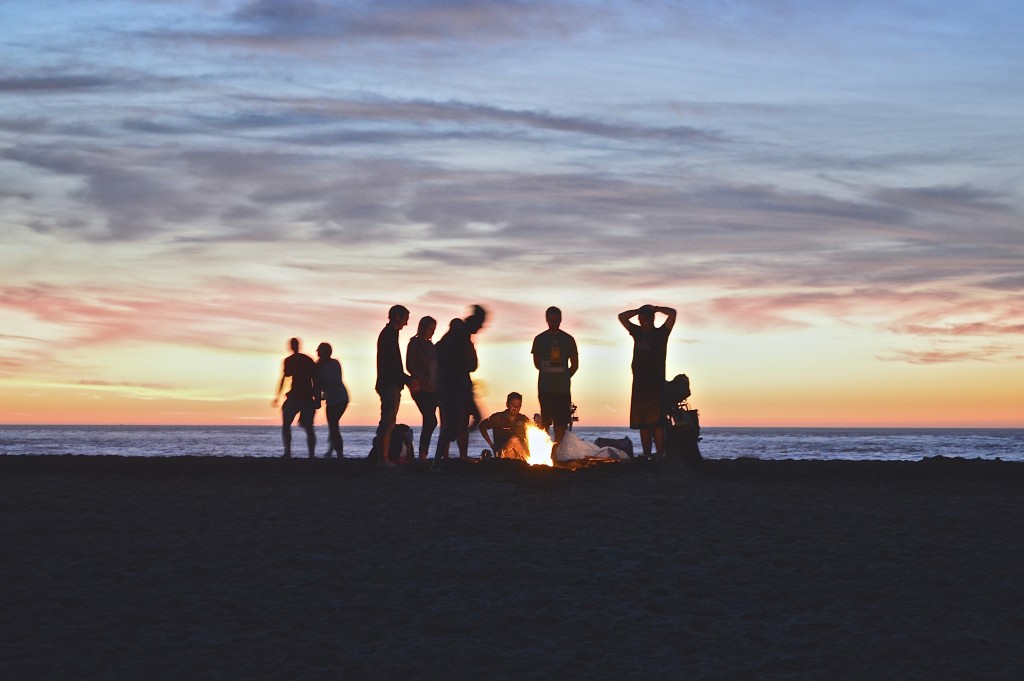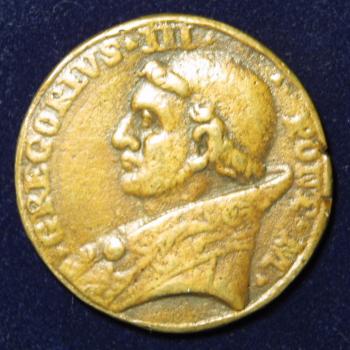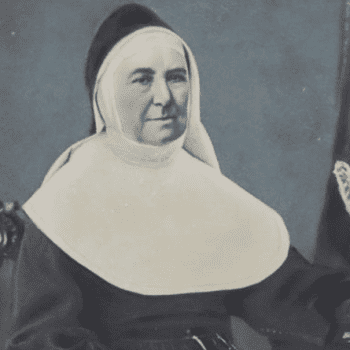
One of the critiques I have often heard, in one iteration or another, is that modern society, particularly technology, causes loneliness, because it estranged us from our community. This might be true, or it might be true in some cases, but I don’t think loneliness is a purely modern phenomena. My own experience, at least, has been that loneliness has less to do with Instagram and more to do with me.
See, I know that, whether digitally or irl, it is highly tempting to cultivate an appearance. Keep Calm and Make a Graphic Design. Never let them see you sweat. Fake it ‘til you make it. Do your best to have it all. It’s as tempting to craft this mask in pixels as it is to craft it in the flesh, though perhaps the former is easier to believe. As someone who has failings that range from “adorkable” (lightening oven mitts on fire, getting lost when driving) to far less indie-movie-lead appropriate (I tend to cry rather easily, I can fall into anxiety spirals, to name a few), I know that the times I have seemed loneliest are not necessarily correlated to my cellphone.
The truth is, the times that I have felt most lonely are the times when I was too scared to ask for help.
What was I afraid of? That people would see me as a failure and not love me. That people would see I wasn’t the competent, confident, cool girl with awesome handwriting and the ability to hyper-organize her life and space with coordinating DIY decor—skills and gifts I admire so much in others that it can easily fall into the realm of jealousy. That people would see the parts of me that I don’t like, and walk away from those parts like I wish at times I can. That people would see through the perfect portrait I wish I could maintain, and I would be left alone, unlovable.
All of this, I’ve come to see, is a kind of pride. I began to believe the lie that if people knew me, they’d want to leave, and I would end up completely alone. So I decided, once upon a time, that I would strive to become the kind of perfect I thought others needed me to be. But this is nothing other than pride—to assume that I can speak for another in that way, that I can know better than they do how they will think and feel and respond. But the fact is, just as none of us can avoid hurting others, none of us can manage to avoid the possibility of being hurt and disappointed by another without finding that we are alone. Don’t believe me? Check out a little movie I like to call Frozen for a case study in this.
Friendships, while they don’t have to have all things in common, tend to emphasize the best parts of life that the two friends can share: adventures, great conversations, things for the memory throwback. Yet, our life never consists only in the best moments. Our dearest of friends are often the ones who showed up when everything is too hard. The best friends I’ve had are the ones who saw who I was and who I could be, and loved me because they knew me in the moments when it was hardest to know and love myself. This is part of why friends can be so important in helping us overcome our sins. They can be Christ to us, loving us while we are not who we want to be.
But friends, at least mine, aren’t mind-readers: they can’t show up if I am not willing to let go of my pride and admit that I need help. My best friend L. explained to me this past summer: at some of the moments when I felt most alone over the past few years, she had backed off not because she didn’t love me, but because she did. She had thought I hadn’t wanted to open up to her, and she hadn’t want to add to what I was dealing with at the time. Not that she stopped loving me, but that she loved me enough to pray for me while giving me space.
That made me realize the need to be honest with people about where I am weak; so, with a few friends, I have been learning to swallow my pride and drop the mask, admitting I need help and even letting them see me cry. Recently, I did so (yet again), and as I apologized (yet again) for being upset, this friend simply told me to stop and breathe. I’ve had many good friends who have taught me these valuable lessons: never underestimate the value of stopping to breathe, there are friends who can hug you while you cry even if you for more than ten minutes, and your friends will still find you awesome and cool and worth knowing because of who you are when you’re done crying.
To those friends, if I haven’t said it enough: I thank God everyday for you. I am so grateful to have awesome men and women like you in my life.
Not just because they love me, but because they demonstrate that even human persons can see me, weak as I am, and love me. If my friends can, how much more must Jesus love me? If my friends can spend a few hours reading a book with me just to get me to laugh, or take time off relaxing to help me remember I’m not alone, or tell me it’s ok to cry when I feel overwhelmed, or send me photos of their child just to make my day a little better, how much more must God love me? Even when I’m not as diligent in maintaining the friendship as I hope to be, or as attentive to them as I want to be, or as able to get beyond my own whatever in my head, my friends still love me. And, God loves me.
God also loves you. This is the incredible truth: Christ, the Incarnate Word, loves us.
“This is my commandment, that you love one another as I have loved you. Greater love has no man than this, that a man lay down his life for his friends. You are my friends if you do what I command you.” (John 15:11-15).
Christ is our friend if we do what He commands, that is, to love one another as He has loved us. To lay down our lives for our friends. This can be a gift we offer through our shared and lived friendship just as much the gift of giving our lives through death for our friends. It is an act of love, one that I have learned from the many wonderful examples I have had in my life.
Most wonderfully, I have learned this profound love not only through my human friends, but through spending time with Christ in Eucharistic Adoration. There He humbles Himself even further than in the Incarnation, appearing under the accidents of bread and wine, to be present Body, Blood, Soul and Divinity in the Sacrament of Love, in the hopes that His friends show up. How often do we leave Him alone? He knows loneliness, He knows abandonment. And still He continues to show up. It’s a testimony to His love for us and desire to have friendship with us. To show up when we do not, to wait for us to return so that He might once again surround us in His love for us. How many friends have I had who have done such a similar thing: showing up and waiting for me to come? How much more, then, must Christ, Who gave His life for me, love me?
A commenter recently asked where I got the idea God cares about our prayers. Given the importance of charity and truth, I simply replied “the Crucifixion.” This is true, but not the whole of the truth. The whole of the truth of how I know God cares is because He sent His Son, and
For our sake he made him to be sin who knew no sin, so that in him we might become the righteousness of God (2 Cor. 5:21).
It’s the Incarnation, the coming to us in our moment of need and “dwelling among us.” It’s saying not that we are lovable because of this or that good quality, but that we are lovable and Christ’s friends because He chooses to have it be so.
So thank you, to those in my life who have shown me Christ’s love in your own love. Thank you for helping that analogy of friendship with God make sense. Thank you for reminding me God will perfect me in love, rather than love me when I am perfect.
For all of us, I encourage you to find such people in your own life to support you as you grow in holiness; if you think they are too far away, begin by asking them to come in. You will likely be surprised at how close they are. After all, though even God won’t compel our love, He is willing to go to great lengths to be with us. Also, remember to be that kind of friend for others. Try to find the friend in the mess, and love them, either by standing with them, or by waiting patiently for your to let you come in and be with them. Love wills the good of another, and sees that good even when the other cannot. Sometimes having someone see what is good in us, having someone reminds us that we can that person who we would want to be through cooperation with grace, is what we need to leave our insecurities and loneliness behind us for good.












